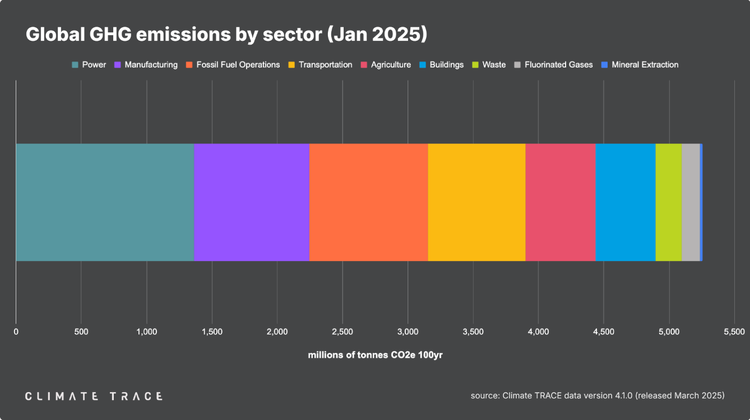TNFD to unveil nature transition planning guidance at COP16

The Taskforce on Nature-related Financial Disclosures (TNFD) has developed transition planning guidance for nature, which it plans to unveil at next month’s biodiversity COP16.
The guidance will follow best practices for climate transition planning, and was created in collaboration with the Glasgow Financial Alliance for Net Zero (GFANZ), the UK Transition Plan Taskforce (TPT), WWF and others.
The draft to be released at COP16, which is taking place from October 21 to November 1 in Cali, Colombia, will be open for consultation with all stakeholders.
Nature-related risk mitigation standards grow
Investors have been urged to strengthen their biodiversity policies ahead of the UN biodiversity conference, including by assessing and mitigating impacts across their portfolios, and defining clear expectations for companies to disclose and manage their own nature impacts.
But like many other areas of sustainability, investors are faced with a lack of comparable data to create these types of targets and policies.
Since the launch of the TNFD recommendations one year ago, 440 organisations from 49 jurisdictions and across 62 sectors have started to report nature-related issues based on this framework. Among these, publicly-listed firms represent over US$6 trillion in market capitalisation, and asset owners and managers have more than US$16 trillion in assets under management (AuM).
Reflecting this growing focus on the link between nature and climate action, the International Sustainability Standards Board (ISSB), which is behind one of the most used climate disclosure frameworks, also recently started to research potential new disclosures around biodiversity and nature.
While reporting nature impacts in a consistent manner is set to support biodiversity protection efforts, investors rely largely on transition plans to make future asset allocation decisions – which led the TNFD to identify the need to create guidance in this area.
‘Nature resilience is everyone’s business’
“Nature is now firmly and widely recognised as a strategic risk management issue for business and finance – no longer just a corporate social responsibility one. This shift in mindset since the climate COP in Glasgow in 2021 to today is significant. Investors and corporate leaders are increasingly appreciative of the reality that the resilience of their cashflows depends on the resilience of nature – the flow of inputs into their business models from soil nutrients for our food system to the water relied on to manufacture semiconductor chips. Nature resilience is everyone’s business,” said David Craig, Co-Chair of the TNFD.
The organisation is also developing further sector guidance to be released in Q1 2025, as well as research on financed nature-related impacts, measurement of nature-related issues in the ocean realm and the assessment of nature-related risks by corporates and financial institutions.
Companies have been asking for more government ambition to create nature protection and restoration policies ahead of the UN biodiversity conference.







Member discussion